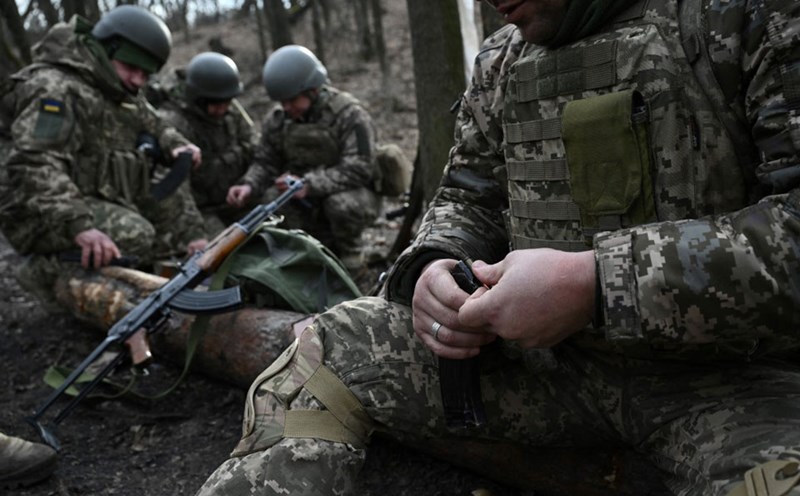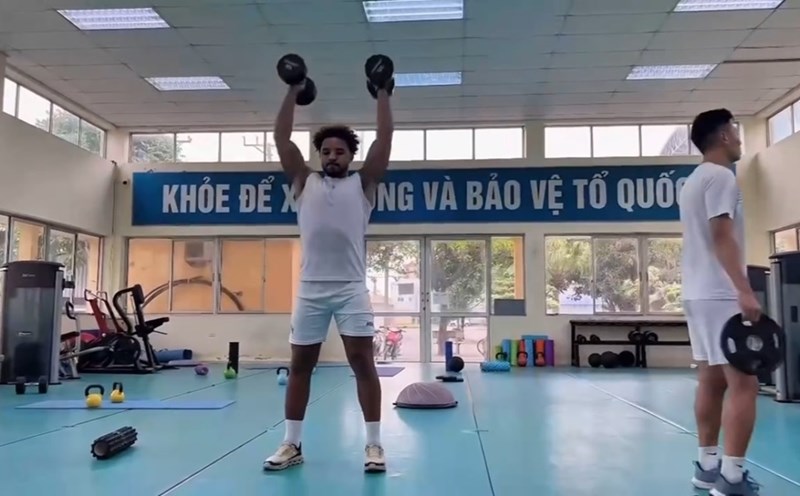Control input materials
With 120 durian trees bearing fruit, Mr. Nguyen Van Tho - Member of the cooperative (HTX) of Truong Khuong A Fruit Garden (Phong Dien District, Can Tho City) - is expected to harvest in April.
To ensure that durian is of export quality, not contaminated with Cadimi or other banned substances, Mr. Tho pays special attention to controlling the source of agricultural input materials. Accordingly, agricultural materials such as fertilizers and pesticides were all taken from the same source by him and other members through the cooperative.
"We import agricultural materials for production through cooperatives. During that process, the cooperative director will record the situation and promptly notify the members of the types of materials that can and cannot be used," said Mr. Tho.
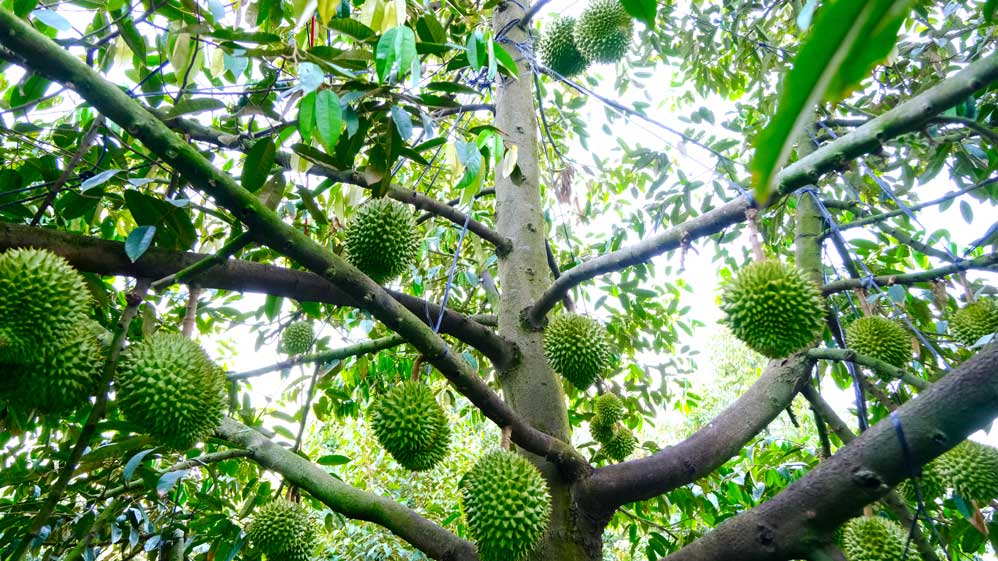
Mr. Tran Van Chien - Director of Truong Khuong A Fruit Garden Cooperative (Phong Dien District, Can Tho City) - said that during the farming process, members were instructed to make a diary to record each type of agricultural supplies and pesticides used. If banned substances are found in the material, members will not use them to ensure the quality of durian.
According to Prof. Dr. Tran Van Hau - former senior lecturer at Can Tho University - the issue of controlling Cadimi is receiving attention in many countries growing durian. Gardeners need to record the farming process clearly, especially in durian growing areas for export. So that when needed, gardeners can prove their own farming process.
Inspection before harvest day
In the context of the Chinese market tightening criteria for durian imports, Mr. Chien informed that the cooperative has proactively brought the cooperative's products to the center for testing Cadimi and O gold. These certificates will help the cooperative's durian be easily consumed.
"When durian reached the rice stage, the cooperative proactively took fruit samples for inspection. Although it costs money, we want to prepare everything to facilitate consumption as well as prove that the cooperative's durian is safe and of good quality. Through inspection, the cooperative's durian models do not contain Cadimi or O gold," said Mr. Chien.
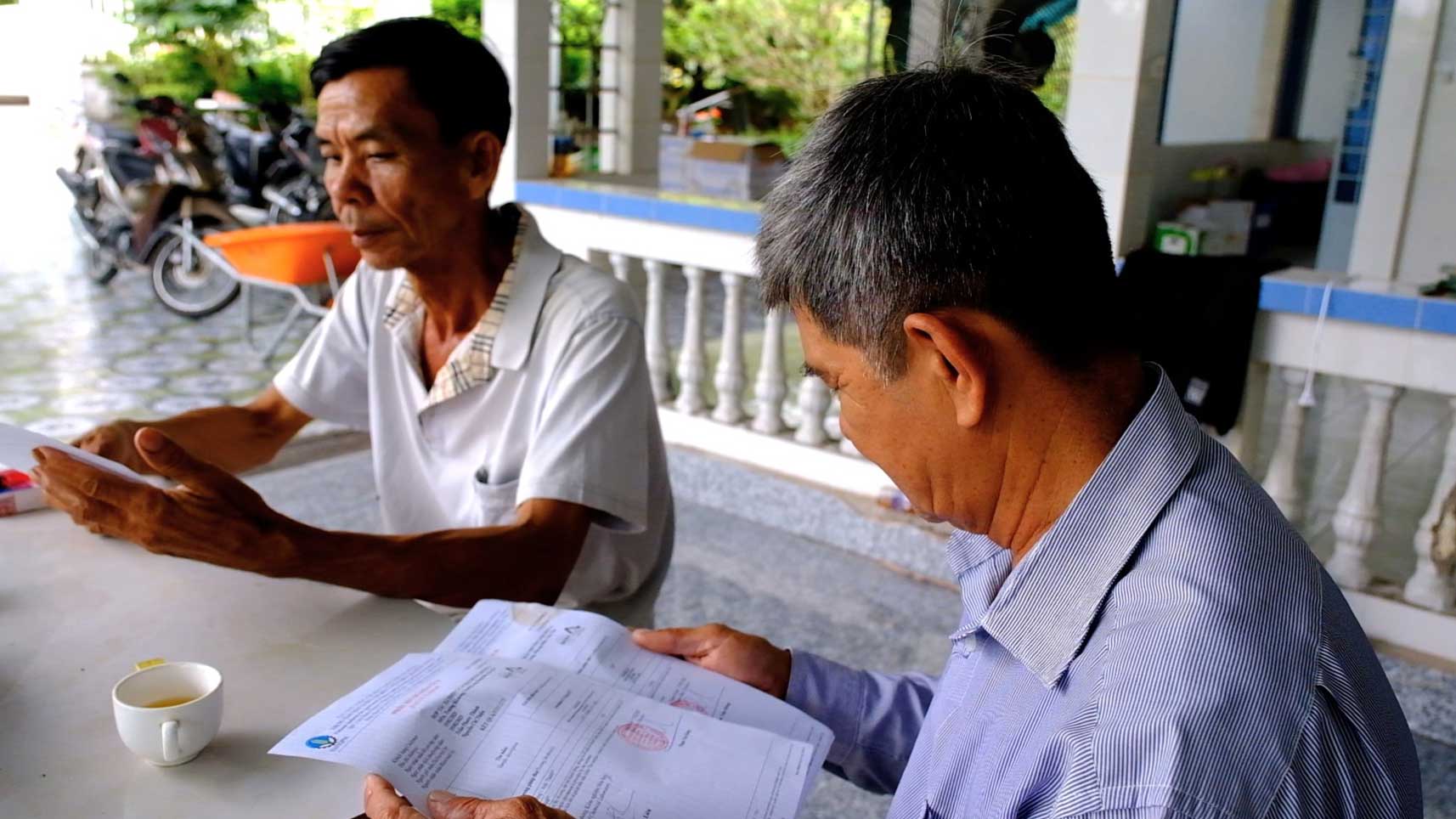
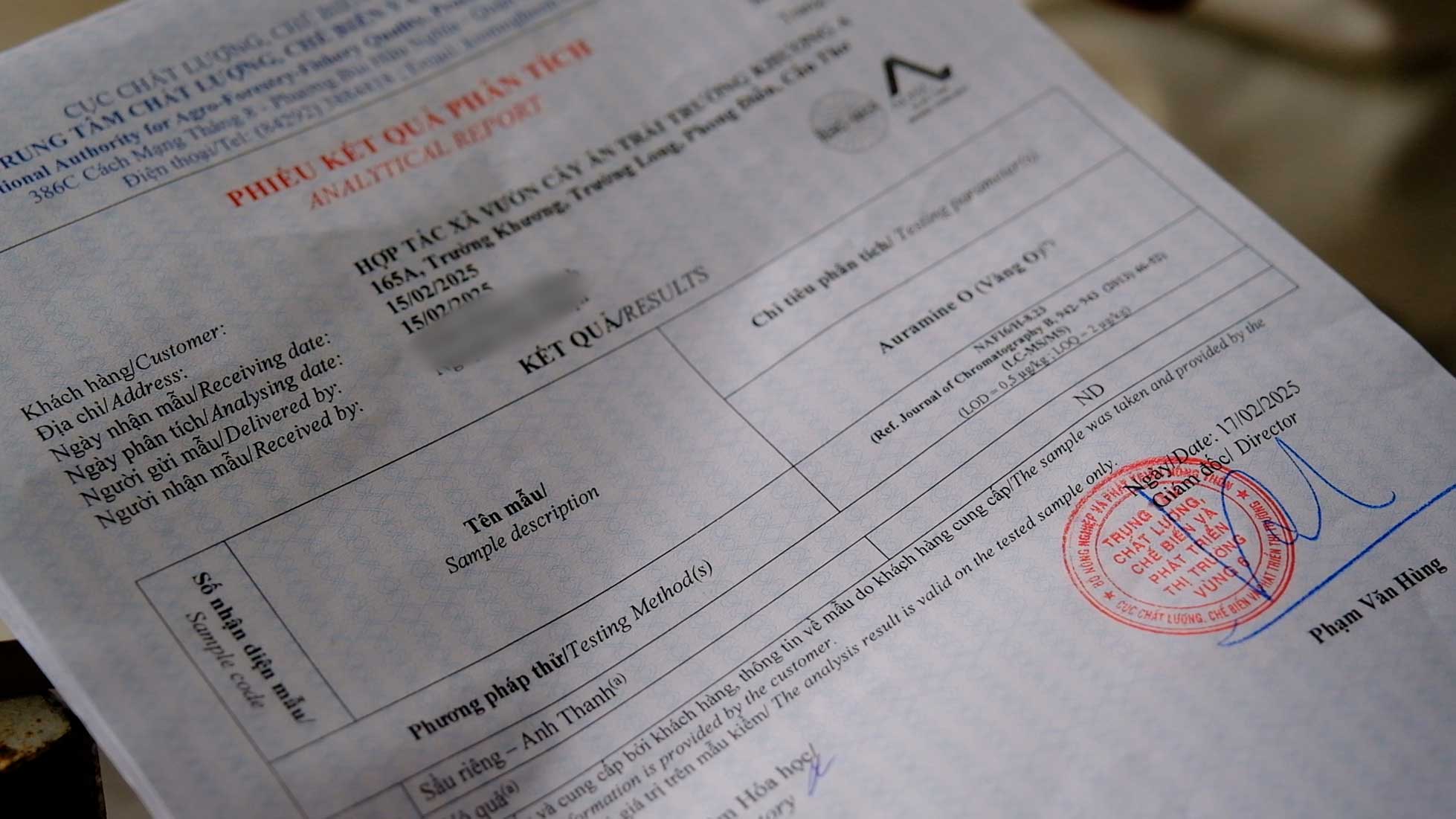
Mr. Tho also found that proactively inspecting Cadimi and O gold in durian before harvesting is necessary in the current context.
"When the crop came, we were instructed by the Cooperative Director to inspect Cadimi and O gold. This not only makes consumption easier and more convenient but also ensures the safety of consumers. On the contrary, if we do not check, we are in a state of anxiety and worry about the output," Mr. Tho shared.
Not only controlling the source of input materials, timely detection and handling of contaminated Cadimi content in the soil also needs attention.
Can Tho agricultural sector informed that normally, if the soil is contaminated with cadimi, crops are easily absorbed, leading to contamination with products. In the long term, to determine whether Cadimi is present or not, it is necessary to take measures to take soil samples for durian growing areas for inspection. Along with that, it is necessary to check the landPH to take detoxification measures.




